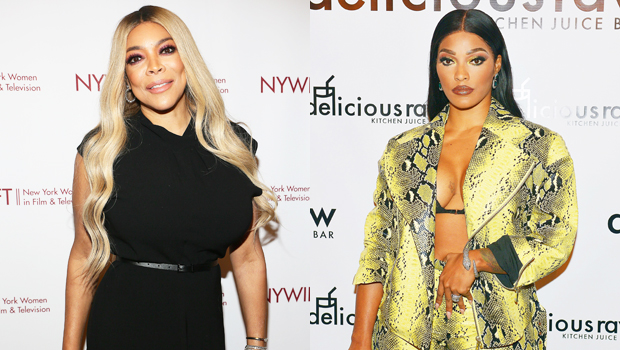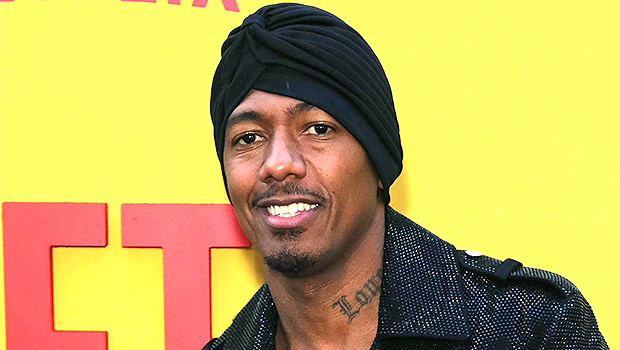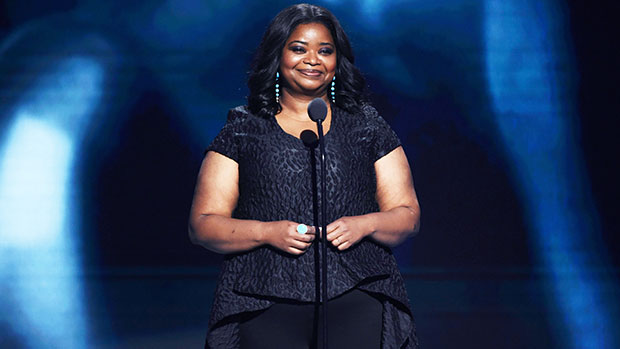Pick of the Day: “Battleground”
Take a few seconds to picture an anti-abortionist in your head. Did you envision a man? Probably old, probably white, probably Republican, right? While it’s true that, historically, it has been folks without uteruses enacting laws that dictate the...

Take a few seconds to picture an anti-abortionist in your head. Did you envision a man? Probably old, probably white, probably Republican, right? While it’s true that, historically, it has been folks without uteruses enacting laws that dictate the bodily autonomy of folks with uteruses, the myth that anti-choicers are all fossilized, Right-winged, cishet men couldn’t be further from reality. As Cynthia Lowen (“Netizens”) reveals in her incisive doc “Battleground,” there are young, educated women and men from both sides of the political aisle and various intersections of identity who are hellbent on their designs for a “post-Roe” world. A world in which, as one subject describes in the film, “abortion is unthinkable.”
Watching the anti-choicers in “Battleground,” I was most shocked to see women my age slaughtering our fundamental human rights, undoing the progress that trailblazing women of the past have fought, lobbied, and sacrificed to establish. These anti-choicers are women I could, under different circumstances, probably be friends with. Women who are at just as much risk of an unplanned pregnancy as any woman choosing to have an abortion, but are working militantly to eliminate that lifeline for everyone. That’s perhaps the scariest revelation from the film.
“Battleground,” which showed at this year’s Tribeca Film Fest, penetrates the minds, ideology, and machinations of the anti-choice agenda, a segment of the abortion issue that I always condemned but never really desired to learn more about. As someone who’d immediately avert her eyes when accosted by those violently graphic signs held by anti-choice picketers, I don’t think I’m alone in my deliberate avoidance of anti-abortionists. “Battleground,” however, invites me to momentarily suspend my qualms, and bravely accompany Lowen as she follows three women spearheading various youth anti-choice collectives in the States.
“As a pro-choice person who unequivocally supports women’s access to abortion, I was genuinely curious about how the anti-abortion movement has been so effective in advancing their goals against the will of the majority,” Lowen told us. “I felt like there was no way to really understand this phenomenon without taking a bird’s eye view of the power structures.”
Examining the anti-abortion movement on the whole, Lowen illuminates how such a small faction of the population is able to shout so loudly, successfully galvanizing people to become single-issue voters in support of then-President Donald Trump’s platform against abortion, and ultimately influence legislation that has and will continue to jeopardize the lives of everyone capable of getting pregnant.
Although public opinion for legal abortion has fluctuated over the last two decades, polls conducted by Pew Resarch found that public support has stayed relatively stable in the last few years. As of July 2022, one month after the seismic Supreme Court decision, 62 percent of Americans say abortion should be legal in all or most cases and 36 percent say it should be illegal in all or most cases. The report also found that 66 percent of women say abortion should be legal in most or all cases, while a narrower majority of men, 57 percent, say abortion should be legal in most or all cases.
If most Americans, both women and men, are in support of abortion access, why does the anti-choice movement have so much momentum?
“It really is about the tyranny of the minority,” Alexis McGill Johnson, president of the Planned Parenthood Action Fund, explains in the doc. “We have a majority of state houses that are essentially holding their constituents hostage because they don’t reflect the majority of public opinion.”
“Battleground” reminds us that the political strife surrounding abortion extends far beyond the purview of reproductive rights, another reason why the issue is so pressing. It is also the reason why such a universal experience as reproductive health has become a bipartisan issue. As Johnson details, these are the same states that are attacking voting rights, and also “quick to ban trans rights and the intersections of injustice that many communities face.”
The intersecting axes of oppression ought to be taken into account when considering the matter of abortion access and its reverberations. Race, in particular, has been weaponized by anti-abortionists through movements like the so-called “Black Pre-Born Lives Matter,” co-opting the language of Black Lives Matter. Even more egregious is the image one group posted following the murder of George Floyd, with the caption that read, “All life is precious.”
“The reproductive choices of Black women are always under attack […] our choices are demonized,” Johnson emphasizes. “The fact that we cannot be trusted to make decisions for ourselves is an undercurrent that they [anti-abortionists] are tapping into.”
Samantha Blakely, who testified against Alabama’s anti-abortion ban, points out that these mechanisms of control are felt most acutely by racialized communities that are at a socio-economic disadvantage. “By forcing people to have children, you’re keeping them in this cycle where they can’t get out of poverty; they can’t get out of debt,” Blakely explains. “I don’t think that’s accidental. That cycle keeps the people who are on top on top.”
Lowen’s doc couldn’t be more timely, as the crusade for reproductive justice and civil rights has become more urgent than ever after the Supreme Court overturned Roe v. Wade this past June. Through “Battleground’s” uncensored account of the anti-choice campaign, viewers become privy to the inner workings of these organizations, making clear how they managed to garner the frightful following that they have. The film exposes not only the psychology of anti-abortion stalwarts but also their painstakingly calculated strategies for political and social influence. At the same time, though, the doc also shows us the doubly ferocious efforts the pro-choice movement, telling the stories of those on the frontline of the battle to protect abortion rights. Watching “Battleground,” viewers are reminded that even though circumstances seem dire right now, they are not alone in the struggle.
“Every time they overreach, we fight back,” Johnson says in an impassioned speech at the Women’s March on Washington, held in 2017. “The arc of the moral universe is long but it bends towards justice,” she says. “And sometimes we need to jump up and hang on that arc and bend it ourselves. That is exactly what we are going to do until we are all free.”
Readers should be warned that “Battleground” is in no way an easy watch. You will likely be overcome with emotions: anger, frustration, sorrow, gratitude, admiration, to name a few. Whatever you may feel after watching “Battleground,” Lowen hopes that you, the viewer, will harness your passions to get organized and take action. The defense of abortion access is a mantle that we must all take on, no matter our gender identity.
“I hope audiences will feel catalyzed to get engaged in this struggle,” she told us. “That will mean different things for different people: registering to vote, learning more about their local candidates’ positions on abortion, supporting abortion funds, getting involved in sex-education programming and school board meetings, sharing their own story to help break the stigma, going to marches or protests, training to be an ob-gyn.” Lowen added, “There are so many ways to be involved, which is something you see in the film with anti-choice folks — they are working to end abortion through so many channels, and so their efforts must also be confronted in diverse ways.”
“Battleground” is now in theaters and will launch on VOD October 14.

 Fransebas
Fransebas 
































